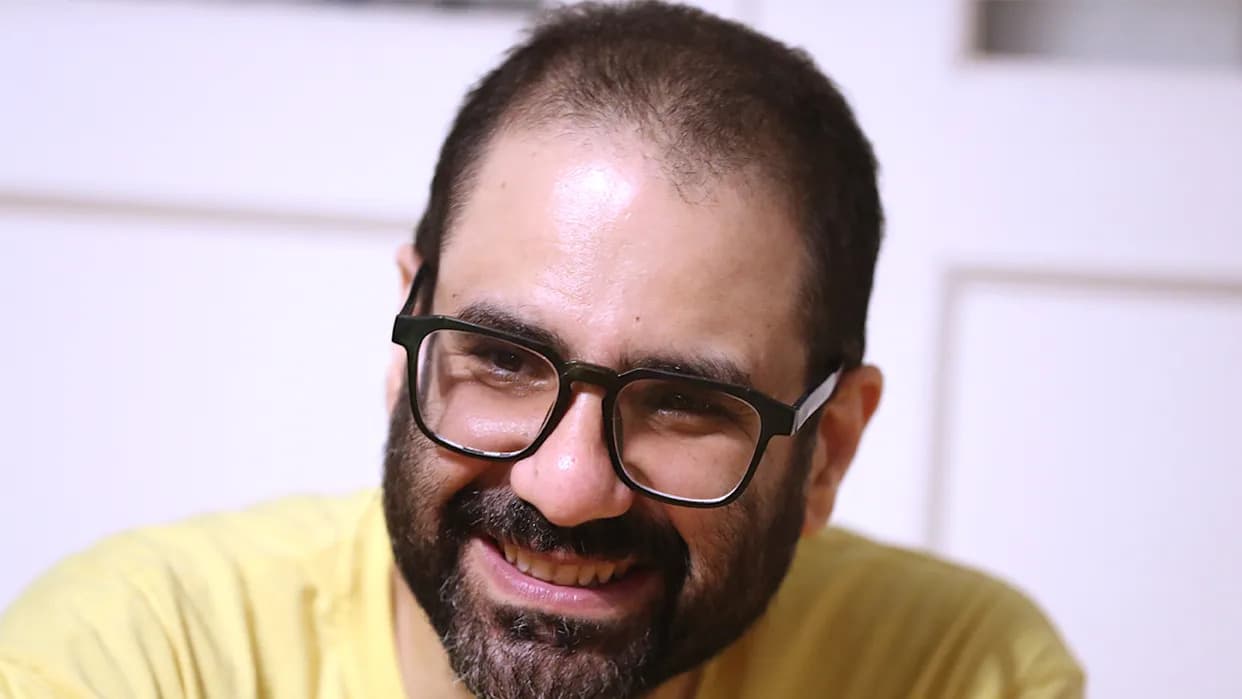Judge Sam Goozee acquitted far-right activist Tommy Robinson after ruling police may have stopped him at the Channel Tunnel terminal because they recognised him and were influenced by his beliefs. Robinson had refused to hand over his phone PIN and was carrying about £13,000 and €1,700 in cash; he said he was acting as a journalist. The judge found the anti-terror powers were not used for their statutory purpose and declared him not guilty, prompting cheers from supporters.
Judge Acquits Tommy Robinson, Says Police May Have Stopped Him for His Beliefs

Tommy Robinson was acquitted on Tuesday of a terrorism-related offence after a UK judge concluded police may have unlawfully targeted the far-right activist when they stopped him at the Channel Tunnel terminal in Folkestone in July 2024.
Judge cites possible political motivation
Judge Sam Goozee told Westminster Magistrates' Court that the officer who initiated the stop admitted recognising Robinson and that this recognition appeared to be 'a significant influence' on the decision to detain him. The judge added he could not put out of his mind that 'what you stood for and your beliefs' were a principal reason for the stop, and that the anti-terror powers used were not applied for their statutory purpose.
What happened at the stop
Officers said they initially detained Robinson because of concerns over his travel arrangements and because the silver Bentley he was driving was not registered in his name. Robinson, who was travelling to Spain, gave what police described as 'vague and short' answers and refused to provide the PIN for his mobile phone, which is required under the relevant anti-terror legislation. He was carrying about £13,000 and approximately €1,700 in cash.
Defence and reaction
Robinson, whose legal name is Stephen Yaxley-Lennon, argued he was acting as a journalist protecting sensitive material and that he had been singled out because of his political profile. After the judge's decision — 'I therefore find you not guilty' — supporters in the public gallery erupted in cheers.
Outside court, Robinson thanked US entrepreneur Elon Musk, saying Musk had paid his legal bill. He also vowed to hold a larger far-right rally in future.
Background
Robinson, 42, is a polarising figure in Britain who founded the English Defence League in 2009. He has a substantial online following and a long record of convictions, including offences for mortgage fraud, public order and contempt of court. He was released from custody in May after serving seven months for breaching a court order, and has denied accusations that he helped stoke anti-migrant riots in 2024.
This judgment focuses on the legality and purpose of the stop rather than broader questions about Robinson's politics or past conduct. The case highlights tensions between counter-terror powers and civil liberties when public figures are stopped and searched.
Help us improve.


































